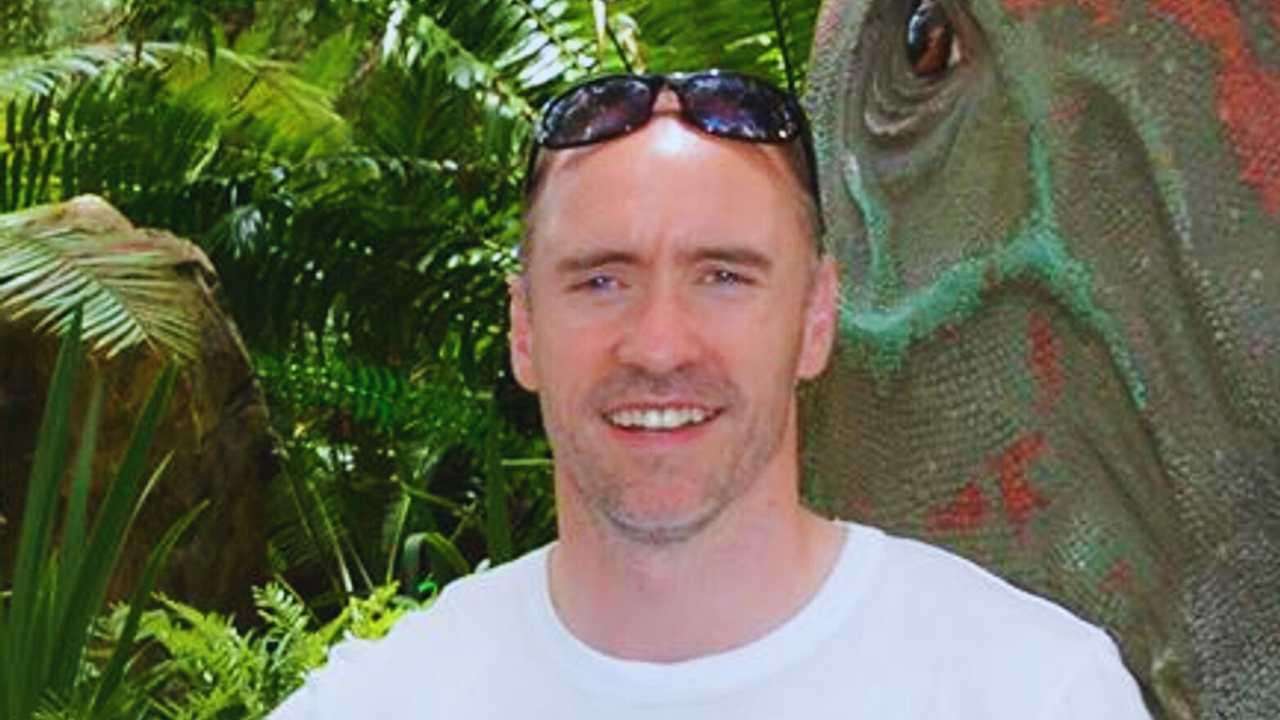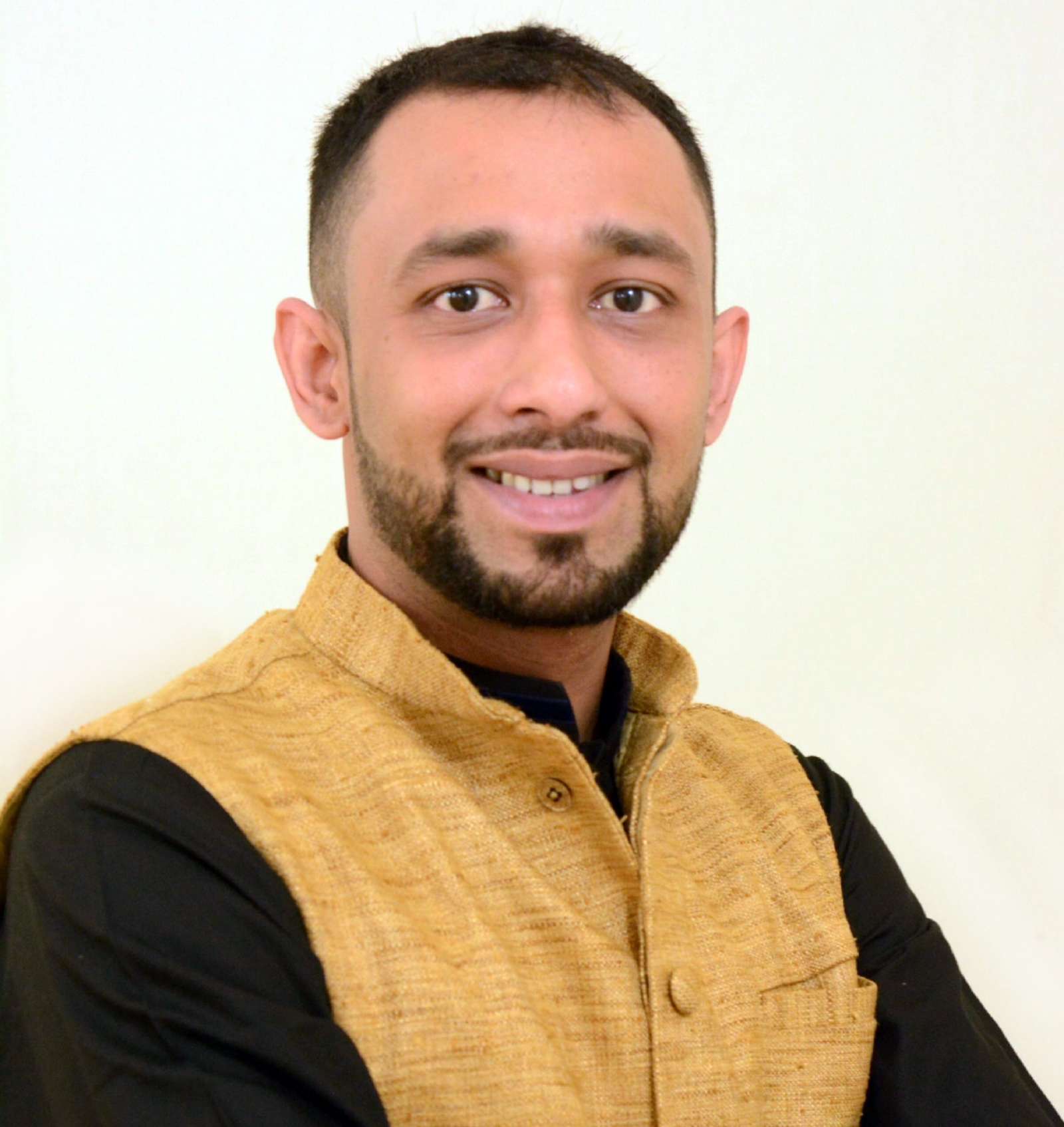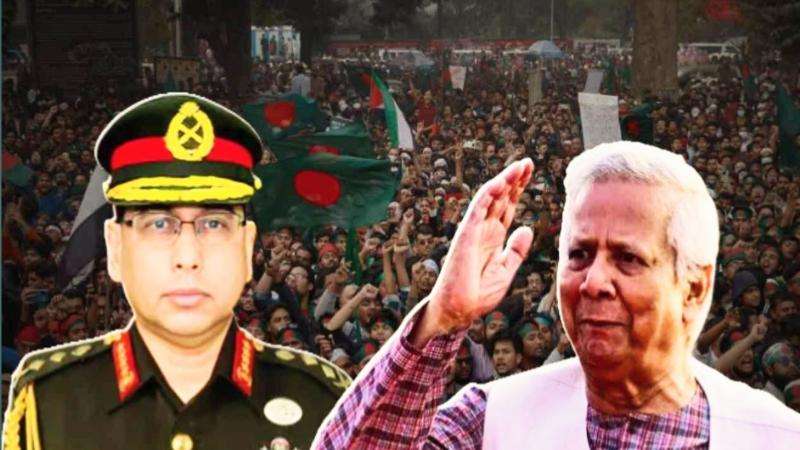A deepening rift between Nobel laureate Dr. Muhammad Yunus and Chief of Army Staff General Waker has pushed Bangladesh to the precipice of a severe political crisis, raising fears of widespread instability. What appears to be a clash of egos between two powerful figures is, in reality, a complex web involving multiple stakeholders, say insiders, Daily Dazzling Dawn understands
Professor Muhammad Yunus, the internationally revered Nobel laureate, appears to be losing patience. Once heralded as Bangladesh's beacon of hope for navigating the path to fair elections, he now senses a disheartening lack of support from those who should be his staunchest allies in steering the nation's democracy. His growing frustration comes on the heels of Army Chief General Waker-Uz-Zaman's recent declaration that elections should ideally be held by December.
The task of stabilizing Bangladesh's tumultuous political landscape has proven to be an immense, perhaps even insurmountable, challenge for the 84-year-old economist. With one of the country's major political forces outlawed and the other clamoring for an expedited election, Professor Yunus seems intent on carving out the necessary time for a truly credible process.
Indeed, Professor Yunus has previously hinted that Bangladesh might only be election-ready by June 2026, a more extended timeline for preparation. He has conveyed to his cabinet his conviction that the current political climate is far from conducive to a free and fair electoral exercise.
As he articulated in a national address last November, "The election train has started its journey. It won't stop now. However, we have a lot of work to finish on this journey." This poignant statement underscores the monumental efforts he believes are still required to ensure a democratic future for Bangladesh.
Critics argue that Dr. Yunus, as the most senior figure and head of the interim government, bears significant responsibility for the escalating situation. His perceived failure to unify and lead all factions, including the military, is drawing sharp criticism. Many believe his focus on diverse initiatives, rather than concentrating on the interim government's primary objectives, was a misstep. The question now looms: will the resignation of one or both figures resolve the crisis, or will it only deepen the complexity? Analysts suggest a smart, de-escalating approach from both sides is crucial. Despite swirling whispers of their imminent departure, a source reveals that resignation isn't still on the table for either of them. These rumors, it turns out, are merely a calculated gambit to rattle the opposition. Yet, this high-stakes game only fuels the nation's instability, paving the way for hostile external forces to achieve their destabilizing agenda—a scenario that would spell grave peril for Bangladesh.
The silence from responsible authorities is fueling a surge of rumors, exacerbated by a fake military statement circulated on Thursday night.
Sources indicate that the Army Chief's recent public statements, widely perceived as anti-state, were a calculated move to pressure the Yunus-led government. This, despite the understanding that such pronouncements should not be aired publicly. Simultaneously, Dr. Yunus's public contemplation of resignation is seen by some as a strategic act. Ultimately, it is feared that neither individual will suffer significant repercussions, while the nation and its citizens will bear the brunt, potentially leading to a return of rampant corruption.
The current standoff is reportedly rooted in attempts to remove General Waker and replace him with General Kamrul. Rumors of a letter sent to the President's office regarding Waker's termination sparked intense reaction within the army, with units reportedly put on high alert. This attempted removal is viewed by the military as an act tantamount to a "coup," leading to heightened preparedness and internal meetings, only partial details of which have surfaced in the media.
Further complicating matters is the alleged conflict between the National Security Advisor, Dr. Khalilur Rahman, and the army. Dr. Rahman's close ties with General Kamrul, kept secret within the military, have raised concerns among the army's top brass. Despite two requests from the army to remove Kamrul, the Chief Advisor's office reportedly ignored them.
The Army Chief's recent address to the Army Durbar, where he openly discussed elections and the "humanitarian corridor" issue, is seen as a direct challenge to the government from the military.
This escalating power struggle between Dr. Yunus and General Waker has pushed Bangladesh into a precarious state, where the immediate future of its political stability hangs in the balance. The lack of transparent communication from responsible authorities only exacerbates an already volatile situation, leaving the nation vulnerable to deeper turmoil and potential long-term consequences for its democratic and economic well-being.








.svg)

